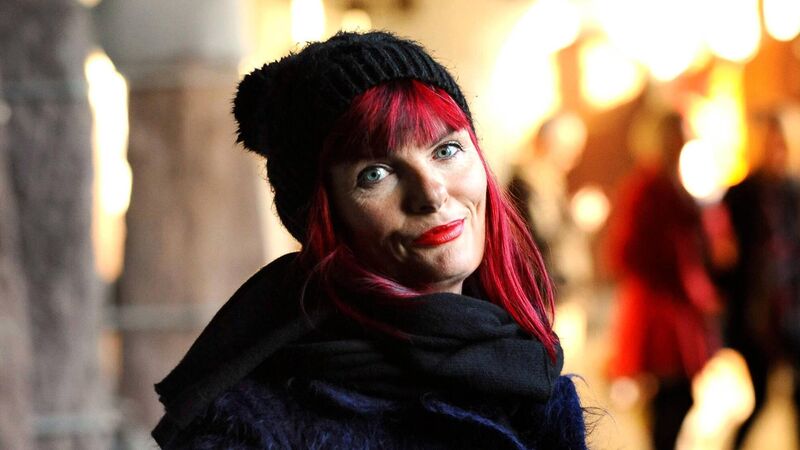Suzanne Harrington: Want to abolish poverty? Here's how - it's actually pretty simple

Suzanne Harrington: getting past poverty means getting past them-and-us. Pic: Denis Scannell
The greatest trick that humans have ever pulled off is to convince ourselves we are not all connected. Instead, we have an Us/Them binary, which allows us to shut off.
As Tolstoy put it, “We imagine that their sufferings are one thing and our life another.” This is on the first page of Pulitzer-winning sociologist Matthew Desmond’s new book, Poverty, by America, where he discusses how one in eight Americans live in poverty, despite America being the land of corporate dollars and insane wealth.






